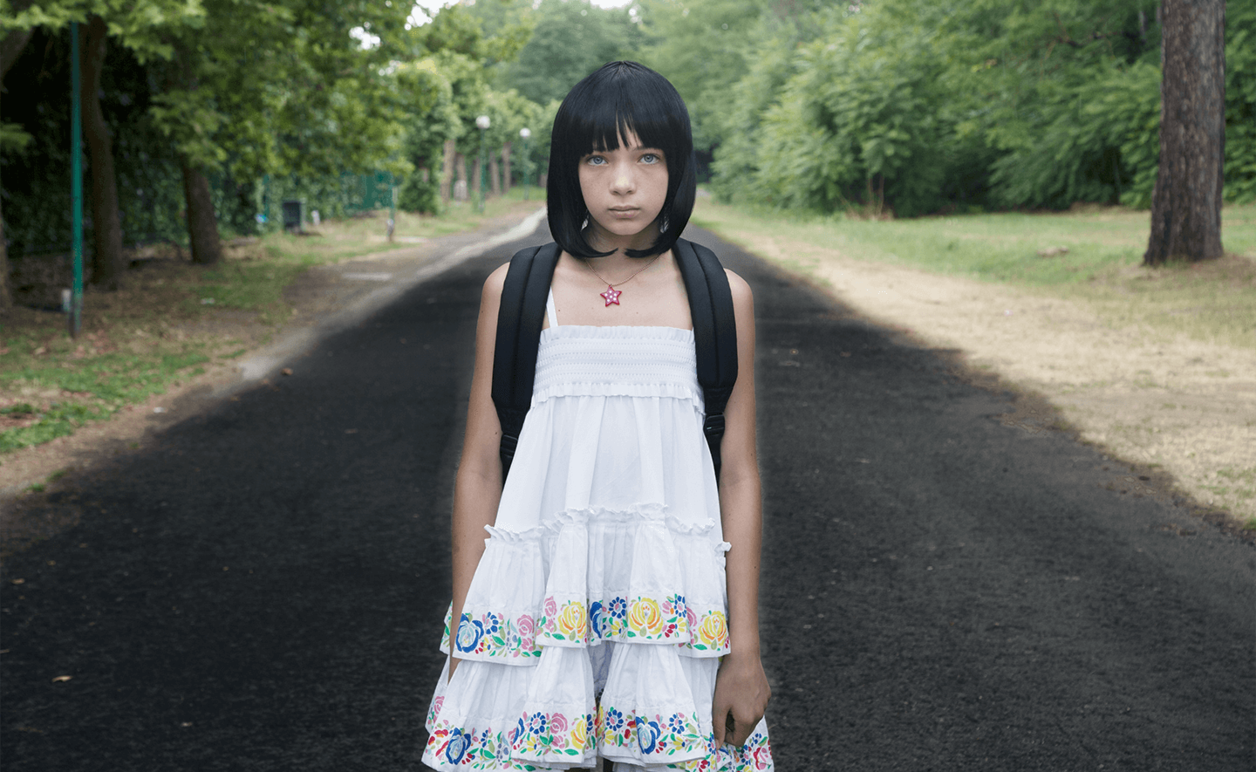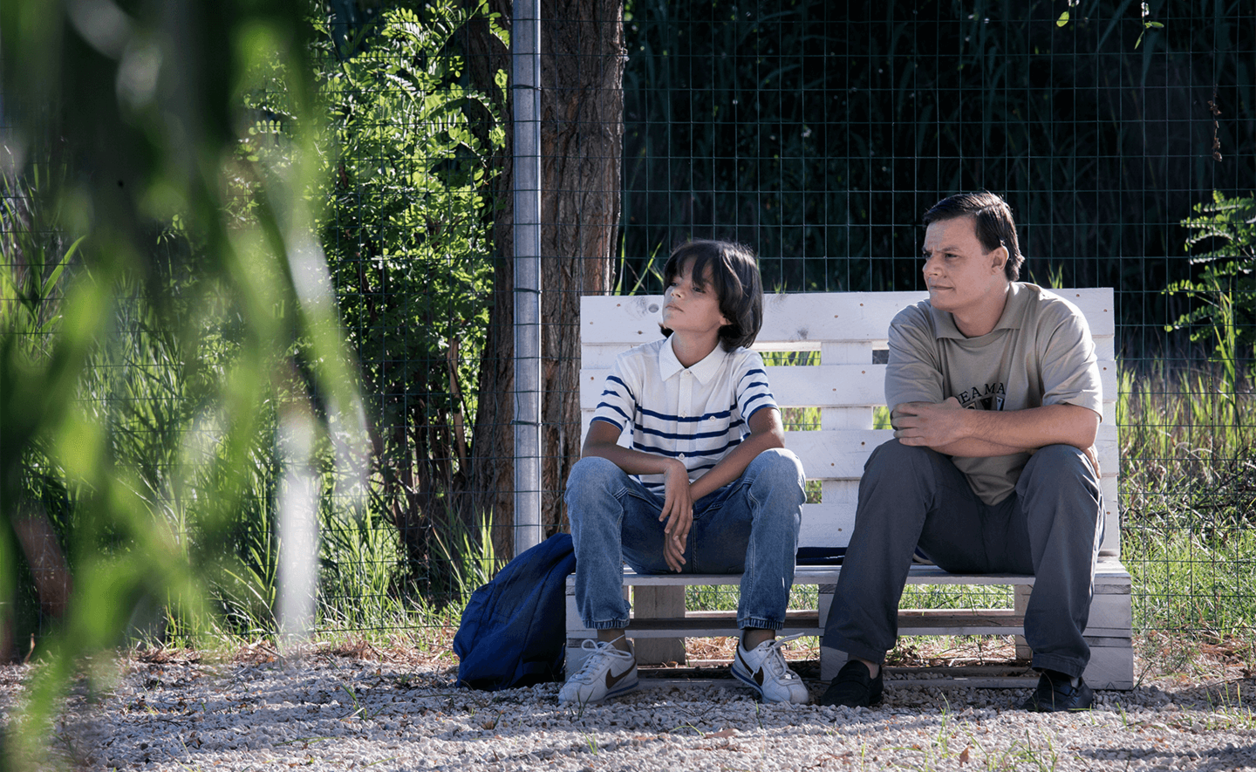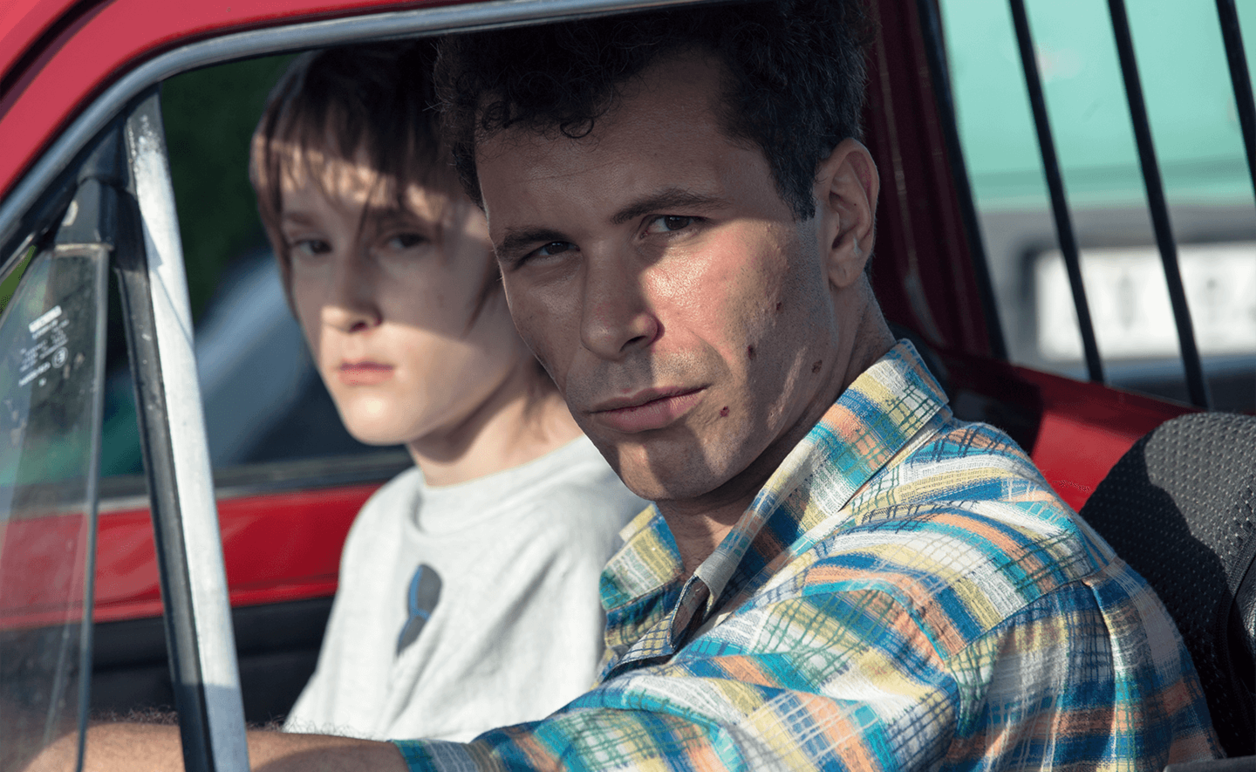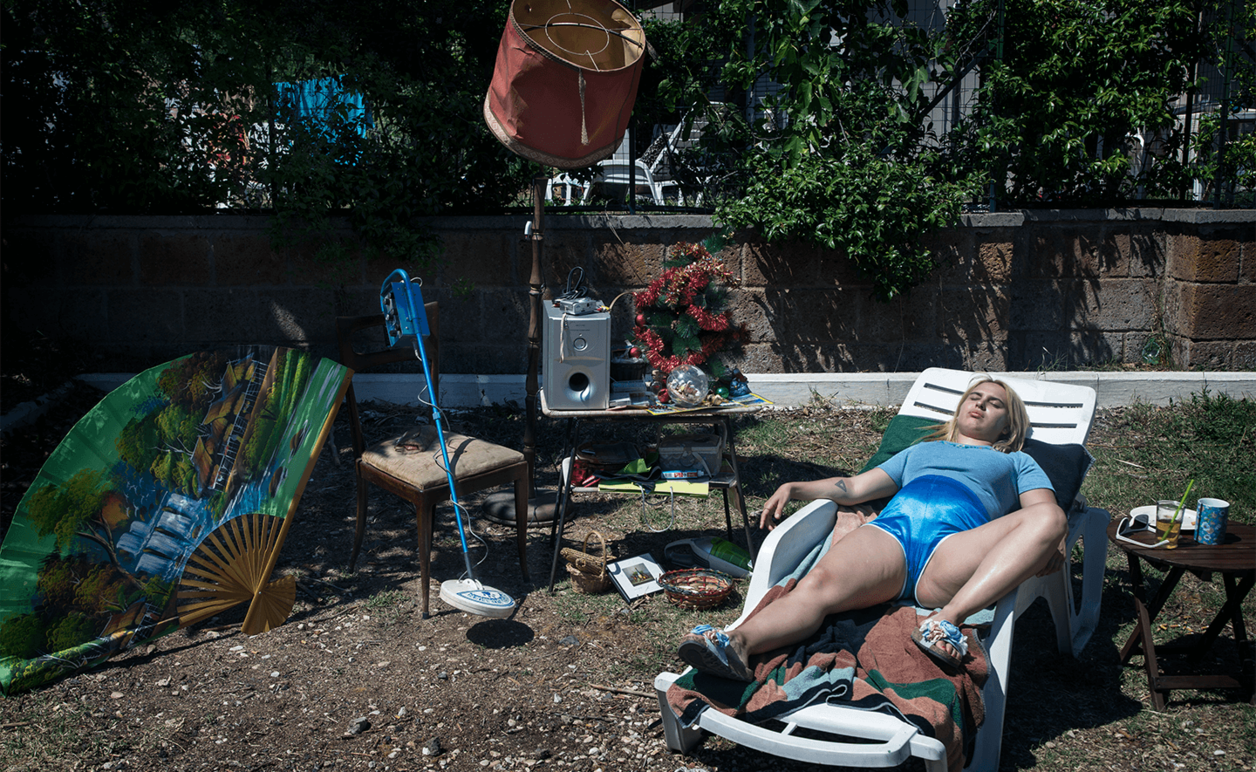The D’Innocenzo Brothers, New Italian Cinema Goes Forward
Alongside the twins are auteurs such as Marco Proserpio, whose documentary “The Man Who Stole Banksy,” narrated by Iggy Pop, was featured in the world’s major festivals, the director of “Twin Flower” Laura Luchetti, Michela Occhipinti whose “Flesh Out,” filmed in Mauritania, tells of “gavage,” the practice of force-feeding women in order for them to gain weight, usually before their wedding. And let’s not forget Jonas Carpignano, the Italian-American who grew up in New York to then return to Gioia Tauro, where “A ciambra” was set, and Alice Rohrwacher, a frequent Berlinale participant.
Now is the D’Innocenzo Brothers' moment. The two young filmmakers who came out of the Roman periphery had already made themselves known with “Boys Cry,” presented during the 68th edition of the Berlin Festival. The protagonists are two imaginary criminals who embody the natives of an outer city neighoborhood, a grey and claustrophobic reality that lives in the shared imaginary. An experiment in “suburban neorealism,” contaminated by the lessons of Wes Anderson and David Lynch.
In “Bad Tales,” the periphery is once again the protagonist, no longer saved by the clichés that identify it, often even cinematographically, but as the last line of defense of humanity or community. A dark tale inspired by Italo Calvino and Gianni Rodari and set somewhere in the Roman province. A world made up of rows of houses, seemingly normal and quietly joyful, where families live tangled between the sadism of the parents and the rage of the diligent, desperate children.
The adults’ inability to assume any responsibility for their own children is borderline grotesque. Behind a facade of circumstance, we find sterile human beings, like the two protagonists, Bruno (Elio Germano) and Dalila (Barbara Nicchiarelli), a married couple who lives with their two prepubescent children, surrounded by other adults frustrated by the lives they don’t feel belong to them. The children’s play-time screams become a silent scream. They observe the adults in their every move. They don’t understand them. They look at porn on their fathers’ phones and harbor anger and resentment.
Tales have a moral. So does “Bad Tales” bring bad omens? The film doesn’t look for a culprit. Social misery isn’t a consequence of the hypocrisy of the middle class. Pornography goes beyond desire. The malaise is simply there, inexplicable but very present, at times reminiscent of the inability to comunicate in Michelangelo Antonioni’s works. The carefully calculated sarcasm communicated by every gesture and word, is therefore a tool to keep from giving into desperation. So there isn’t a moral, at least not in the sense of a message, it’s more of a diagnosis, a snapshot of our society.






































i-Italy
Facebook
Google+
This work may not be reproduced, in whole or in part, without prior written permission.
Questo lavoro non può essere riprodotto, in tutto o in parte, senza permesso scritto.